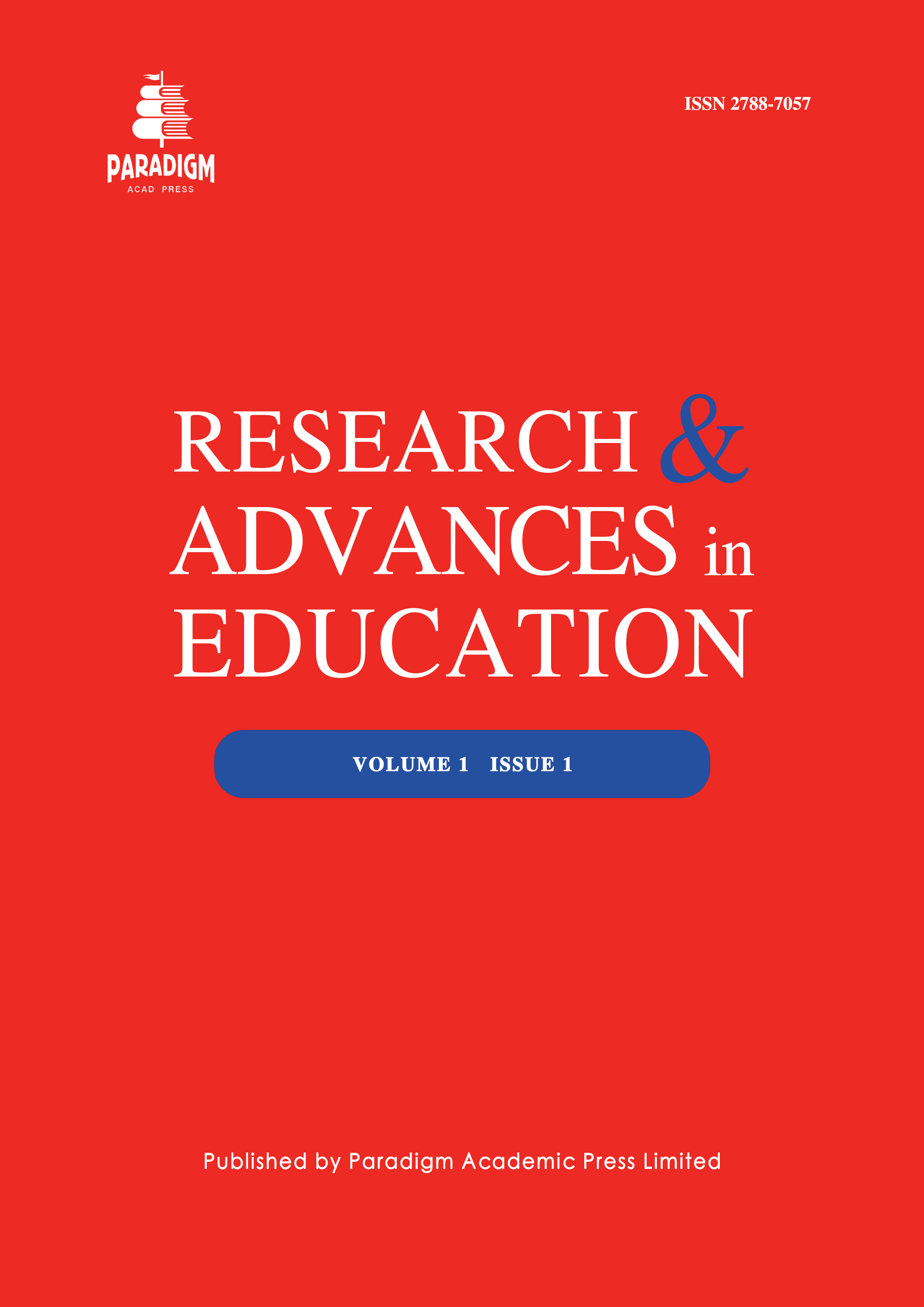Migration and Education in China: Determinants of the Educational Outcomes of Migrants to Beijing
Keywords:
educational inequality, household registration system (Hukou), internal migration, second-generation migrants, Beijing’s immigrant population, college entrance examination (Gaokao), social mobility, urban education system, qualitative interviews, quantitative data analysisAbstract
This project examines the educational disparities faced by second-generation Beipiao in Beijing, with a particular focus on the challenges faced in accessing quality education and the impact of the college entrance examination system. By illustrating the role of the household registration system in maintaining these inequalities, the study highlights an important but under-explored issue in the context of China’s rapid urbanization. Through a mixed-methods research approach, combining quantitative data analysis and qualitative interviews, the study sheds light on the systemic barriers to education and social mobility for children who have “drifted north”. The study provides valuable insights into the psychological and social implications of these disparities and contributes to a deeper understanding of educational inequality in urban China.
This study also explores the relationship between the household registration system and the college entrance examination. It finds that students from different household locations face different challenges and inequalities in the college entrance examination. For example, some provinces have a large candidate base but receive enrollment quotas that are much lower than their candidate numbers as a proportion of the national total. Candidates in cities such as Beijing and Shanghai have significantly better chances of gaining admission to local universities than those from other provinces, and such local protectionism in enrolment violates the constitutional principle of equal opportunity in education. In addition, the difficulty of the college entrance examination varies by region, and there are differences in educational resources and admission scores in different regions, leading to unequal educational opportunities. The study also found that household registration and residential background had a significant impact on the chances of enrolling in key universities, and that students with rural household registration were significantly less likely to enroll in key universities than students with urban household registration. These findings further confirm the complex relationship between the household registration system and the college entrance examination, and its role in exacerbating educational inequality.
The study’s conclusion emphasizes the urgency of addressing the educational inequalities brought about by the household registration system (Hukou). It calls on policymakers to reassess existing policies and work together to create a more inclusive educational environment. The findings have far-reaching implications for policymakers, educators, and urban strategists, prompting them to consider ways to break down systemic constraints and unlock the potential of this generation.


